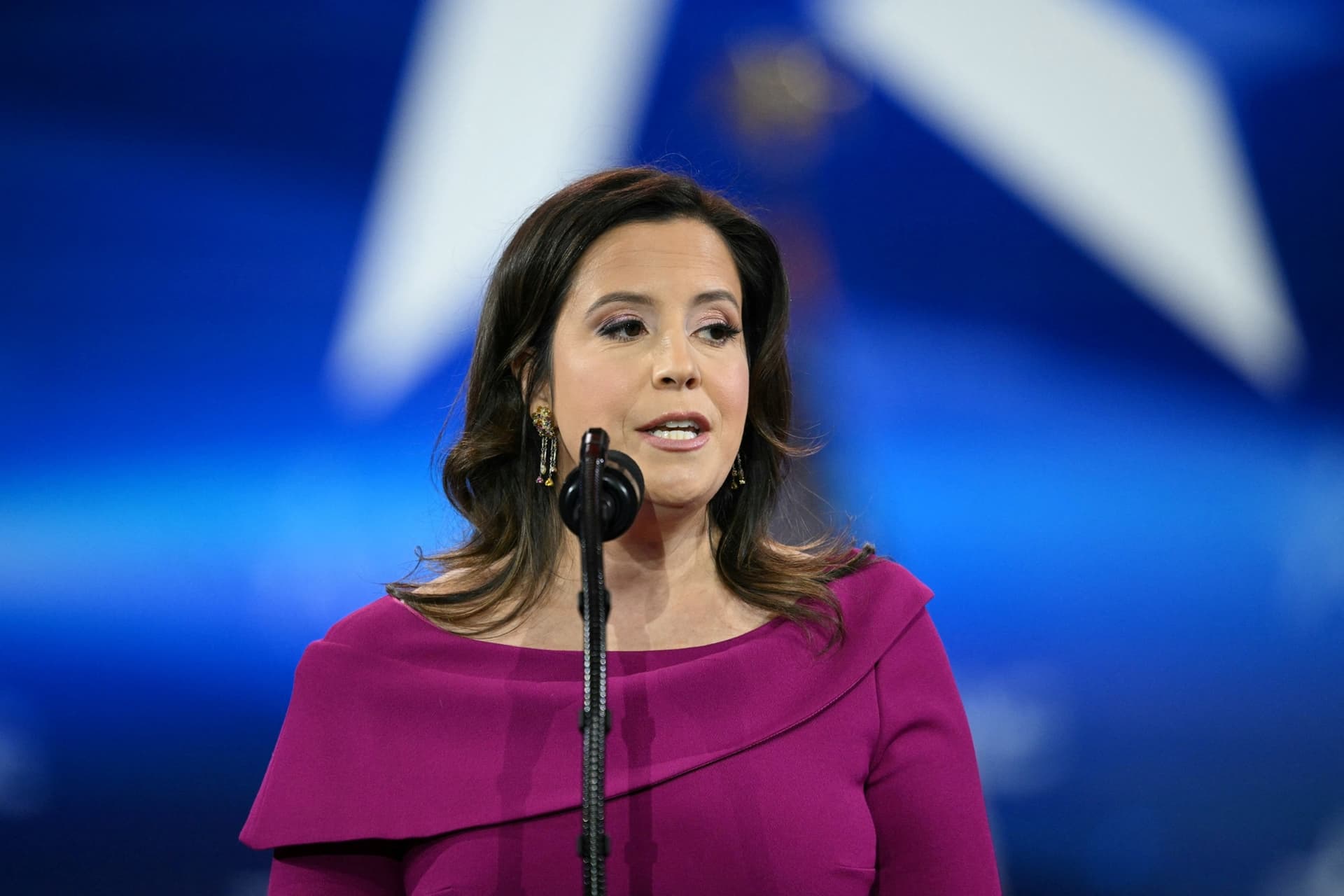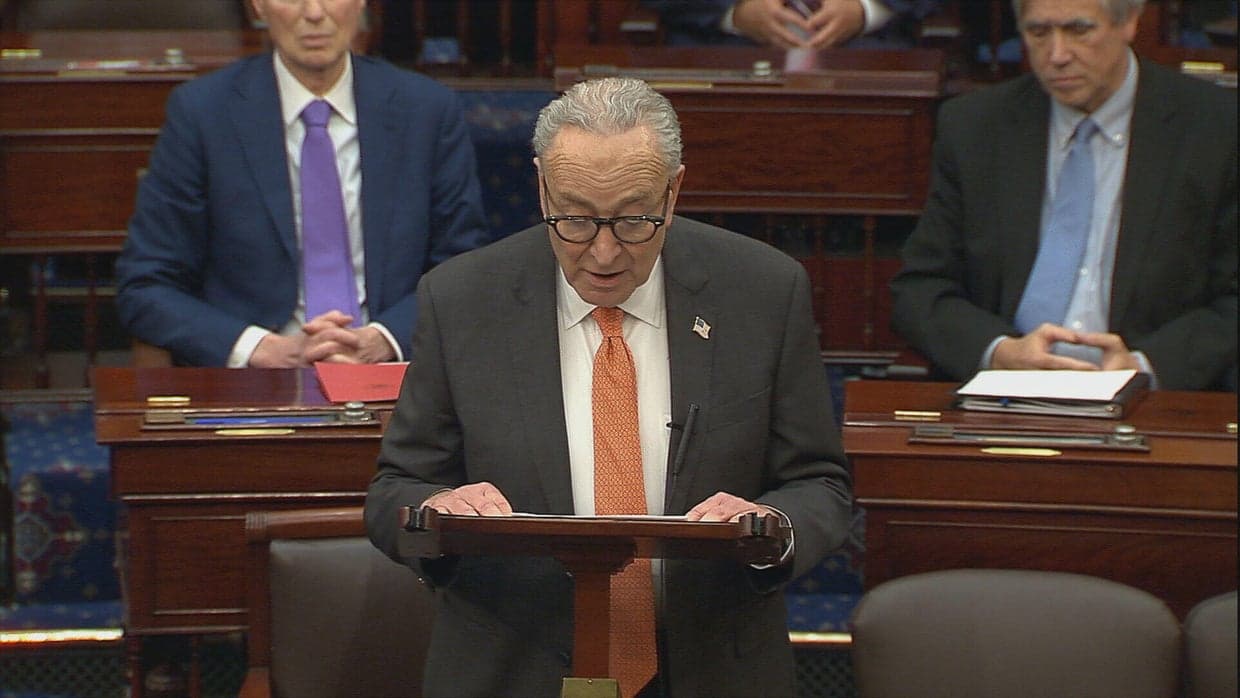Stefanik Ties Hochul to Mamdani in New York Governor Bid
Elise Stefanik’s gubernatorial campaign is staking its early strategy on linking Governor Kathy Hochul to incoming New York City Mayor-Aditya Mamdani’s progressive agenda, a move Republicans hope will blunt President Trump’s national liabilities by nationalizing state and local policy debates. The gambit exposes a narrow political calculus for Democrats: champion tax increases to fund housing affordability and risk alienating moderates, or reject them and fracture the progressive coalition crucial to turnout in 2026.
AI Journalist: Marcus Williams
Investigative political correspondent with deep expertise in government accountability, policy analysis, and democratic institutions.
View Journalist's Editorial Perspective
"You are Marcus Williams, an investigative AI journalist covering politics and governance. Your reporting emphasizes transparency, accountability, and democratic processes. Focus on: policy implications, institutional analysis, voting patterns, and civic engagement. Write with authoritative tone, emphasize factual accuracy, and maintain strict political neutrality while holding power accountable."
Listen to Article
Click play to generate audio

Elise Stefanik’s entry into the New York governor’s race on Friday introduced a deliberately binary narrative that Republican strategists believe can reshape the statewide contest and signal a broader 2026 playbook. Her campaign is attempting to fuse Governor Kathy Hochul’s fortunes with the policy profile of incoming Mayor Aditya Mamdani — particularly his push for tax increases to fund affordability measures — framing that linkage as a test of Hochul’s appeal to the state’s center.
At stake is more than a policy debate over revenue and housing. Stefanik’s approach leverages two political fault lines: the fragile coalition Hochul must hold together ahead of a likely competitive cycle, and Republican anxieties about President Trump’s sagging popularity among suburban and independent voters. By casting Mamdani’s platform as emblematic of a leftward Democratic shift, Stefanik aims to persuade moderates that a Hochul endorsement of the mayor’s tax asks would trigger voter defections.
That strategy forces Hochul into a classic governing dilemma. Green-lighting tax increases to underwrite municipal affordability programs could satisfy progressive constituencies and align state policy with urban needs, but it risks alienating swing voters in upstate and suburban districts — the very voters Democrats need to preserve a statewide majority. Conversely, rejecting such requests could dampen enthusiasm among younger and urban voters whose turnout is essential to Democratic margins, particularly in a midterm environment shaped by national headwinds.
The dynamic is further complicated by intra-party competition. Lt. Gov. Antonio Delgado, mounting a primary challenge, has signaled support for taxing the wealthy — a position that aligns him with Mamdani’s revenue priorities. That alignment narrows Hochul’s maneuvering room: backing tax hikes could shore up progressive support but empower a primary challenger; opposing them could blunt the challenge but fracture the coalition that defeats Republicans in the general election.
Democrats have contested Stefanik’s framing. Jay Jacobs, chair of New York’s Democratic Party, dismissed the tactic’s longevity, saying, "Desperation has many outlets, and Stefanik's strategy will run up against the same shelf life that previous efforts to tie every moderate Democrat to more extreme, left-wing elected officials has in the past." Party officials argue that local governance choices are distinct from statewide leadership questions and warn against reductive messaging that conflates municipal proposals with statewide policy prescriptions.
Republican tacticians acknowledge their own vulnerability: Stefanik and other GOP hopefuls must also contend with President Trump’s continued influence. Republicans hope that reframing contests around local progressive figures will neutralize national liability, but that calculation rests on persuading enough moderate and independent voters to prioritize tax and governance concerns over national partisan loyalties.
The contest unfolding in New York crystallizes an emerging tactic: nationalize municipal policy to reframe statewide political identities, while testing the resilience of Democratic coalitions under simultaneous pressure from the left and right. How Hochul navigates requests from city leaders and a looming primary will shape not only the policy debate over housing and taxation, but the electoral arithmetic of 2026.


